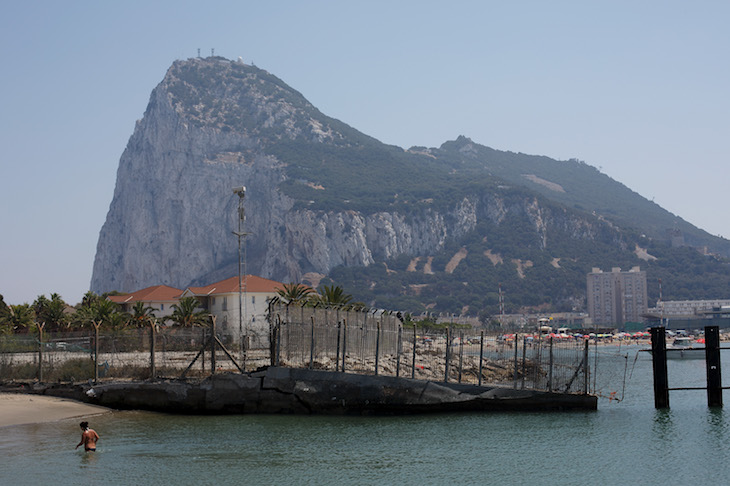It was quite right for Theresa May to not mention Gibraltar in her Article 50 letter – why should the future of its people be in question in our negotiations? To do so would be to introduce a dangerous notion: that Gibraltar and its people were somehow a bargaining chip. Of course, the press will have fun with the idea that the Prime Minister forgot Gibraltar but far more plausible is Tim Shipman’s story in the Sunday Times today that the idea of mentioning it in the Brexit letter was raised several times – and rejected.
That the EU has brought Gibraltar up as part of the Brexit deals right now is strange and shows a worrying naivety on its part. Some 99pc of Gibraltar citizens have rejected Spain’s demands for joint sovereignty, so why put this question back on the table? An EU diplomat is quoted in the Guardian giving an answer: ”
“Spain are taking this very, very seriously. I think there is support across the board among the member states. Why not? It is not a problem that was born yesterday. It has been with us a long time and we have always listened to both sides. Now we are going to support the member state. That is the philosophy behind it. I wouldn’t think any of the 26 other states will somehow try to undermine this clause.”
Worse still if the EU doing this as a negotiating ploy, a gambit intended to scare the Brits only to be dropped later in return for some concession. It’s simply the wrong button to press with Brits, who are rather sensitive about the protection of fellow citizens. Tories, in particular, don’t need much provocation to issue reminders of the lengths we once went to to defend the Falkland Islands which have less than a tenth of Gibraltar’s population.
Already, the former Tory leader Michael Howard has been on television drawing parallels with the Falklands war (‘another small group of British people against another Spanish-speaking country’). An unwise and inflammatory comparison, that reminds us why he’s out of frontline politics. He meant, no doubt, to underline the strong British commitment to Gibraltar but war analogies are unhelpful in this context. That said, if Howard hadn’t mentioned the F word, someone else would: on Saturday I spoke to ministers who talking about the Falklands. And listing the other (non-military) retaliation we could make against Spain if it were to mess about with Gibraltar.
Of course, post-Brexit, Spain will have to consider refinements to the already-sealed border with Gibraltar, given that will soon be a non-EU territory. But that involves just one road (the wonderfully-named Winston Churchill Avenue) so it’s hardly Sweden/Norway. So why bring it up as a major issue now? The aim may have been to put the frighteners on the Brits, but the result has been to get a lot of British backs up. And make more in the UK wonder if this negotiation is worth it, and whether Mrs May should walk away sooner rather than later.
The EU is pretty bad at negotiations. Its diplomatic corps is one of the worst in the continent – look at its mishandling of Ukraine, and its stunning inability to cut a free trade deal with any of its major trading partners, ever. If it does manage to come up with a deal that Britain feels able to sign, it will be its first-ever major trade deal success. I’m afraid I’m not optimistic.
Theresa May does not need a deal with the EU. As I argue in my latest Daily Telegraph column, the WTO protections are in place and guarantee small tariffs (averaging about 4.5 per cent) that would anyway be offset by the fall in the pound . The ‘no deal’ scenario really isn’t that bad. But the EU is behaving as if Theresa May is as desperate for a deal as Cameron was. It messed up the Cameron negotiation, overplaying its hand and losing the UK as a result. Its mentioning Gibraltar, a needlessly antagonistic act, suggests it is not learning very fast.







Comments